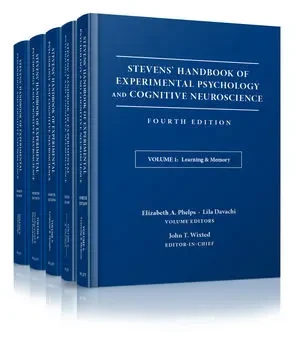Thinking the Antipodes
Smartfox Books Code: PR1637
$51.72 USD
Normally: $86.20
all categories: $34.48 off
Normally: $86.20
Normally: $86.20
Please allow up to 4 weeks for shipping. As its shipped from our Auckland warehouse there is no unexpected import charges, custom duties or taxes.
Condition: BRAND NEW
ISBN: 9781922235558
Year: 2015
Publisher: Monash University Publishing
Description:
In 1956 Bernard Smith wrote that we in Australia were migratory birds. This was to become a leading motif of his own thinking, and a significant inspiration for Peter Beilharz. Beilharz came to argue that the idea of the antipodes made sense less in its geographical than its cultural form, viewed as a relation rather than a place. Australians had one foot here and one there, whichever there this was. This way of thinking with and after Bernard Smith makes up one current of Beilharzs best Australian essays. Two other streams contribute to the collection. The second recovers and publicises antipodean intellectuals, from Childe to Evatt to Stretton to Jean Martin, who have often been overshadowed here by the reception given to metropolitan celebrity thinkers; and examines others, like Hughes and Carey, who have been celebrated as writers more than as interpreters of the antipodean condition. The third stream engages with mainstream views of Australian writing, and with the limits of these views. If we think in terms of cultural traffic, then the stories we tell about Australia will also be global and regional in a broader sense.Australia is the result of cultural traffic, local and global.
Condition: BRAND NEW
ISBN: 9781922235558
Year: 2015
Publisher: Monash University Publishing
Description:
In 1956 Bernard Smith wrote that we in Australia were migratory birds. This was to become a leading motif of his own thinking, and a significant inspiration for Peter Beilharz. Beilharz came to argue that the idea of the antipodes made sense less in its geographical than its cultural form, viewed as a relation rather than a place. Australians had one foot here and one there, whichever there this was. This way of thinking with and after Bernard Smith makes up one current of Beilharzs best Australian essays. Two other streams contribute to the collection. The second recovers and publicises antipodean intellectuals, from Childe to Evatt to Stretton to Jean Martin, who have often been overshadowed here by the reception given to metropolitan celebrity thinkers; and examines others, like Hughes and Carey, who have been celebrated as writers more than as interpreters of the antipodean condition. The third stream engages with mainstream views of Australian writing, and with the limits of these views. If we think in terms of cultural traffic, then the stories we tell about Australia will also be global and regional in a broader sense.Australia is the result of cultural traffic, local and global.

















.jpg)
















































ulva-Logo.jpg)
